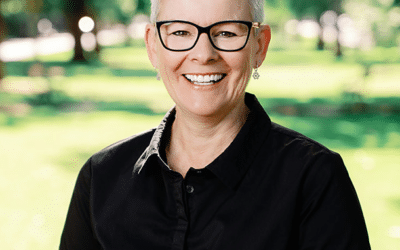Applications are now open for the next round of research and grower group funding through the South Australian Grain Industry Trust (SAGIT).
Researchers are encouraged to submit applications for projects that deliver direct benefits to South Australian grain growers and the broader grain industry.
SAGIT chair Dr Andrew Barr said SAGIT is looking for projects that address key priority areas such as summer weed management, paraquat and sustainability, as well as co-funding opportunities with the South Australian Research and Development Institute (SARDI), the research arm of the Department of Primary Industries and Regions and the South Australian Drought Resilience Adoption and Innovation Hub.
“We maintain an open call for funding and actively encourage innovative proposals from researchers, grower groups, and grain industry stakeholders,” he said.
“This year, we’ve outlined key priority research areas addressing issues where South Australian growers stand to gain significant benefits.
“At a high level, these are summer weed management, malting barley, sustainability and carbon, paraquat, plant protection strategies and phosphorus fertiliser evaluation.
“We’ve also engaged with co-funding partners SARDI and the SA Drought Hub to identify issues of particular importance to encourage applications for co-funding opportunities.
“In particular, SARDI is looking to fund research into greenhouse gas emission reduction, while the SA Drought Hub is focused on building capacity and resilience through grain and mixed farming internships and projects looking at drought resilience approaches.”
Dr Barr encouraged applicants to review current SAGIT projects and the detailed key research priorities outlined on the SAGIT website, or to contact SAGIT Scientific Officer Dr Jenny Davidson for technical advice.
On average, SAGIT invests more than $2 million a year in supporting research crucial to advancing SA’s multi-billion-dollar grain industry. This year’s funding allocation will be the first following reforms to the Grain Industry Research and Development Fund (GIRDF). Previously a volume-based contribution, this levy is now a value-based contribution of 0.12 per cent of the farm gate value of grain sold.
Dr Barr said the change would allow SAGIT to attract applications for the most impactful projects.
“We understand the importance of making every dollar count, which is why we aim to invest in research that delivers tangible on-farm outcomes and supports ongoing growth in South Australia’s grain industry,” he said.
“We know how proud South Australian growers are of their ongoing investment in research, development, and extension. SAGIT provides a unique opportunity for researchers to drive real improvements in farming practices across the state.”
Funding applications for research projects must be received by Friday 31 January 2025. All relevant application guidelines and forms can be found on the SAGIT website at sagit.com.au/funding.
The SAGIT team will review applications during February and early March, with applicants notified of the results in late March.
SAGIT Project Manager Malcolm Buckby and Scientific Officer Jenny Davidson are happy to discuss project concepts and plans before submission. SAGIT also recommends speaking with a statistician prior to applying and designing a trial. Contact details are available online at: https://sagit.com.au/contact-us/.
ENDS




